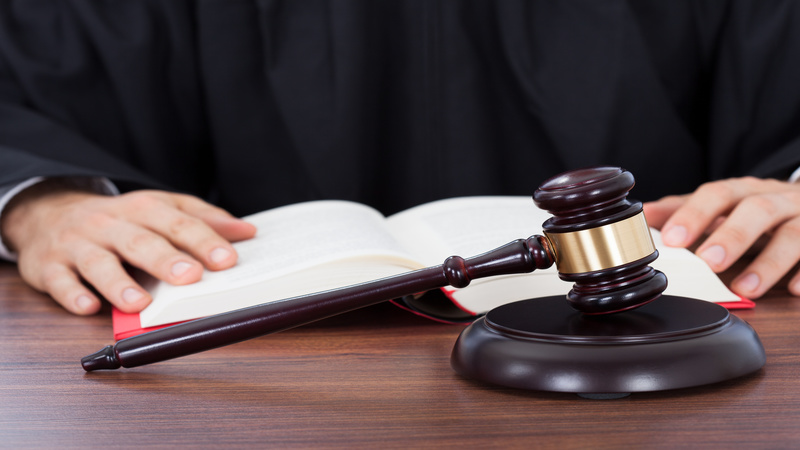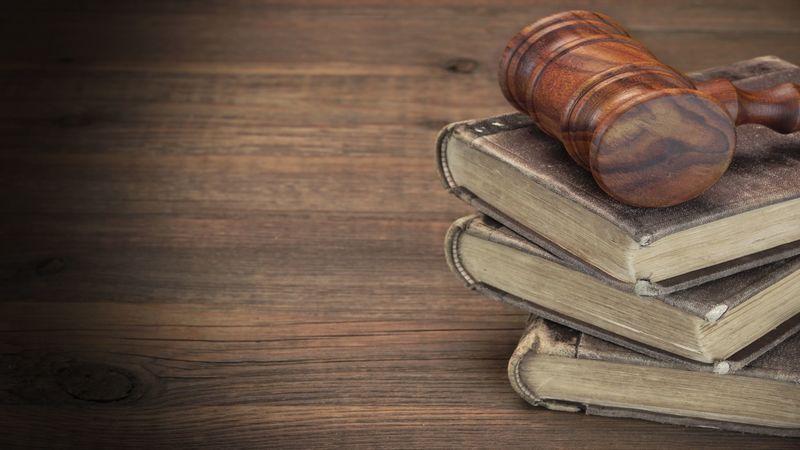Wills are meant to reflect a person’s final wishes, ensuring that their estate is distributed fairly and in accordance with their intentions. But not every will is clear, valid, or uncontested. When questions arise about a will’s authenticity or fairness, family members or beneficiaries may consider contesting it.
While this process isn’t always easy, it can be necessary, especially when something seems wrong. In these situations, a probate dispute attorney can help navigate the complexities of challenging a will in court.
Here are the top four reasons people contest wills—and how a probate litigation lawyer plays a crucial role in resolving these emotionally charged situations.
1. Lack of Testamentary Capacity
A will is only valid if the person creating it (the testator) was of sound mind at the time it was signed. This means they must have understood:
- What it means to create a will
- The extent of their assets
- Who their beneficiaries are
- How their assets will be distributed
If the testator was suffering from dementia, a mental illness, or cognitive decline, someone may argue they lacked the mental capacity to make sound decisions.
To successfully contest a will on this basis, you typically need to present medical records, witness testimony, or documented behavior patterns that raise legitimate questions about the testator’s mental state. A probate litigation lawyer can help gather and present this evidence in court.
2. Undue Influence
One of the most common reasons to contest a will is undue influence. This occurs when someone manipulates or pressures the testator into changing their will for personal gain, often at the expense of rightful heirs or long-time beneficiaries.
Signs of undue influence may include:
- A sudden and unexplained change in the will
- A new will that disproportionately benefits one individual
- A caregiver, family member, or friend who isolates the testator • Lack of communication between the testator and family before death
Undue influence cases are often emotionally charged and complex. A probate dispute attorney can examine financial transactions, interview witnesses, and analyze the circumstances around the will’s creation to determine if improper influence was at play.
3. Improper Execution
Every state has specific legal requirements for executing a will. These typically include:
- A written document
- The testator’s signature
- Witnesses present during signing
If a will was signed without the proper number of witnesses, or if the signatures were forged or missing, it may be deemed invalid.
These technical errors, though seemingly small, can open the door for a challenge. With the support of a probate litigation lawyer, interested parties can present evidence to show the will doesn’t meet the legal standards required for it to be recognized.
4. Fraud or Forgery
In rare but serious cases, a will may be fraudulent or forged. This can occur when someone:
- Creates a fake will and forges the testator’s signature
- Alters an existing will without the testator’s knowledge
- Substitutes pages in the original document after death
Detecting fraud typically involves handwriting analysis, digital forensics, or testimony from individuals familiar with the testator’s true intentions. A probate dispute attorney can coordinate this investigative work and represent the injured parties in probate court proceedings.
When Should You Call a Probate Dispute Attorney?
If you believe a will is invalid or unjust for any of the reasons above, it’s important to act quickly. Probate litigation follows strict deadlines—often referred to as “statutes of limitations”—and delaying action could affect your ability to contest a will.
You should contact a probate litigation lawyer if:
- You were unexpectedly excluded from a loved one’s will
- The will was updated under suspicious circumstances
- You believe someone exerted control over the testator
- There are multiple conflicting versions of the will
- You have evidence of forgery or altered documentation
Contesting a will is not about creating conflict—it’s about ensuring fairness, protecting your family’s legacy, and honoring the genuine wishes of the deceased. That process requires strategic planning, a clear understanding of probate law, and the right legal support.
If you’re unsure where to turn, partnering with a trusted partner who has experience in probate disputes can provide clarity and support during a stressful time.
Final Thoughts
Contesting a will is never a decision to take lightly. It often involves grieving families, delicate emotions, and high stakes. But when something doesn’t feel right—whether it’s a suspicious change in a will, a questionable signature, or pressure from another family member—taking action may be necessary.
A knowledgeable probate dispute attorney can evaluate your situation, gather key evidence, and help guide the case toward resolution, either through mediation or litigation.
Understanding your rights is the first step in protecting your inheritance and your loved one’s true intentions.


